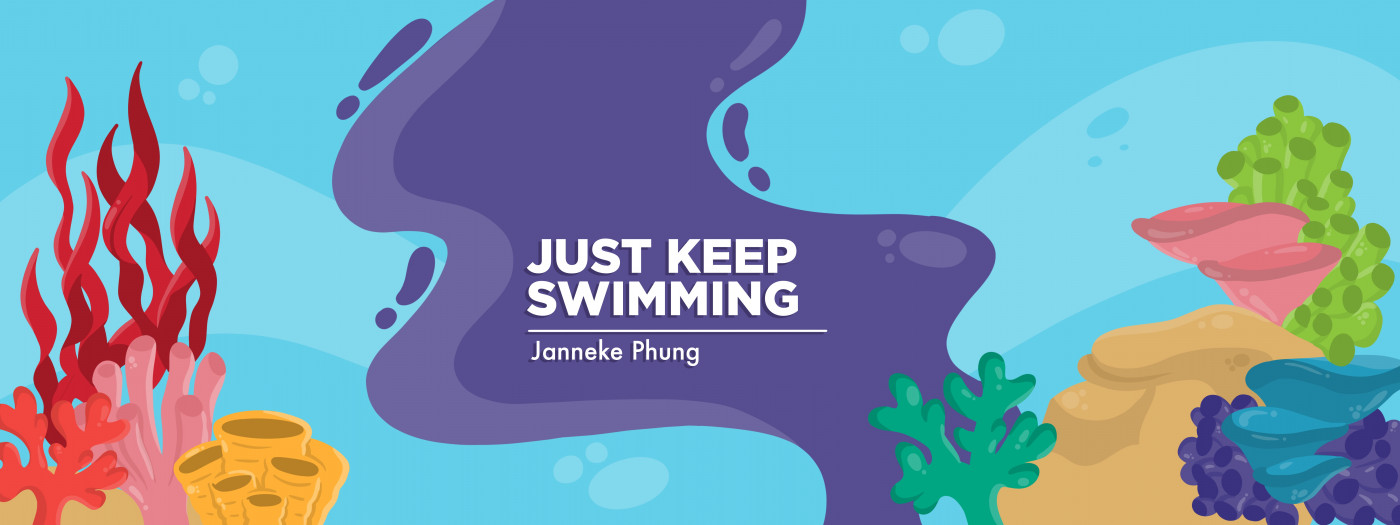My spiritual struggle with chronic disease, part 1: Suffering
What happens when chronic illness tests one's faith?
Written by |

First in a series.
I grew up in a Christian home. I attended church every Sunday and knew the answers to most of the questions in Sunday school. I felt like I rated pretty high as a faithful follower of Jesus Christ.
I knew, in theory, that God is good. Life was comfortable. I knew about suffering, albeit hypothetically.
But somewhere along the way, life became less good and less comfortable. Real life happened.
I started experiencing symptoms like constant debilitating headaches, crippling back pain, full-blown temporomandibular joint inflammation, sore wrists, acute shooting pain down my leg, extreme morning stiffness, and dreadful costochondritis in the wee hours of the night. These dark and painful nighttime hours very much depicted this season of my life.
After decades of experiencing increasing and concerning symptoms, I was unsure how my 30-year-old body could last for the rest of my lifetime. Life felt long and dark. During this season, I was diagnosed with incurable, progressive, and often painful ankylosing spondylitis (AS).
The Christian author C.S. Lewis once wrote that “We were promised sufferings. They were part of the program. We were even told, ‘Blessed are they that mourn,’ and I accept it. I’ve got nothing that I hadn’t bargained for. Of course, it is different when the thing happens to oneself, not to others, and in reality, not imagination.”
After I was diagnosed with AS, my suffering became personal instead of theoretical. This reality changed everything.
My diagnosis caused me to wrestle with the idea that I serve a God who claims to be good and can heal sickness and disease but sometimes chooses not to. It seemed cruel that after years of longing for children, I could’t physically lift my infant twin boys from their cribs. I was on God’s side, so why was God allowing this to happen to me?
A period of self-doubt and confusion
Everything came to a head. I struggled to reconcile my understanding of God’s character to the debilitating pain I was experiencing. I started wondering, as suggested by some Christians, whether my physical pain was a result of sin — a punishment.
Before my AS diagnosis, when my husband and I struggled to conceive, we embarked on a journey of in vitro fertilization (IVF). I’d been warned not to go through with this treatment. Well-meaning Christians told me that proceeding with IVF was considered playing God. After much prayer, we went ahead with the procedure anyway. Three beautiful boys resulted.
Despite this gift, and with the warnings of others still ringing in my ears, I wondered whether God was angry with me. Was this sickness my punishment? Was my illness a direct result of some incorrect spiritual behavior? It felt terrible to have people suggest that I was the cause of this illness — whether through sin or lifestyle.
Others offered advice that only perpetuated my struggle: “God will never give you more than you can handle” and “Pray more and believe that he will heal you!” (Essentially, this means, “Have more faith and you will be healed.”) The communication of love and genuine care easily got lost in statements like these, creating pain, confusion, and doubt instead of comfort. Sometimes the best words were not said at the best time, resulting in diminished benefit and value.
I needed compassion, validation, and a listening ear. As a Christian, I wish conversations focused on truthful messages that acknowledged that abundant life on Earth does not equal freedom from pain. The greatest love I felt was often when a friend showed up in a time of need, showing care by simply being present, praying, and helping me in tangible ways.
My spiritual struggle with chronic pain was plagued with perpetual questions and doubt. As a Christian, one of my core beliefs was that God is good and that good overcomes evil. Was that truth, or was it a lie? My eyes were fixed on my suffering, and the feeling of having an all-powerful God doing nothing felt heartless and calloused.
Next month in my column, I will share the hope I clung to in the face of this painful, incurable disease.
Before concluding, however, I’ll speak to other Christians: “God will never give you more than you can handle” is neither true nor helpful. In 1 Corinthians 10:13, the Bible states that “God is faithful; he will not let you be tempted beyond what you can bear.” This verse says that God is faithful. It promises that we will not be tempted beyond what we can handle, and later in the verse, that he will provide a way out so that we can endure temptation. The verse makes no claim about us being able to bear our sufferings alone. This misquoted statement and its miserable misinterpretation have only added to my spiritual struggle with chronic pain.
Thanks for reading! You can learn more about my story, browse starch-free recipes, or peruse the stories of others who successfully manage their AS with diet and lifestyle modifications on my website. Join me on Instagram and Facebook for the latest updates and recipes.
Note: Ankylosing Spondylitis News is strictly a news and information website about the disease. It does not provide medical advice, diagnosis, or treatment. This content is not intended to be a substitute for professional medical advice, diagnosis, or treatment. Always seek the advice of your physician or other qualified health provider with any questions you may have regarding a medical condition. Never disregard professional medical advice or delay in seeking it because of something you have read on this website. The opinions expressed in this column are not those of Ankylosing Spondylitis News or its parent company, Bionews, and are intended to spark discussion about issues pertaining to ankylosing spondylitis.







Leave a comment
Fill in the required fields to post. Your email address will not be published.